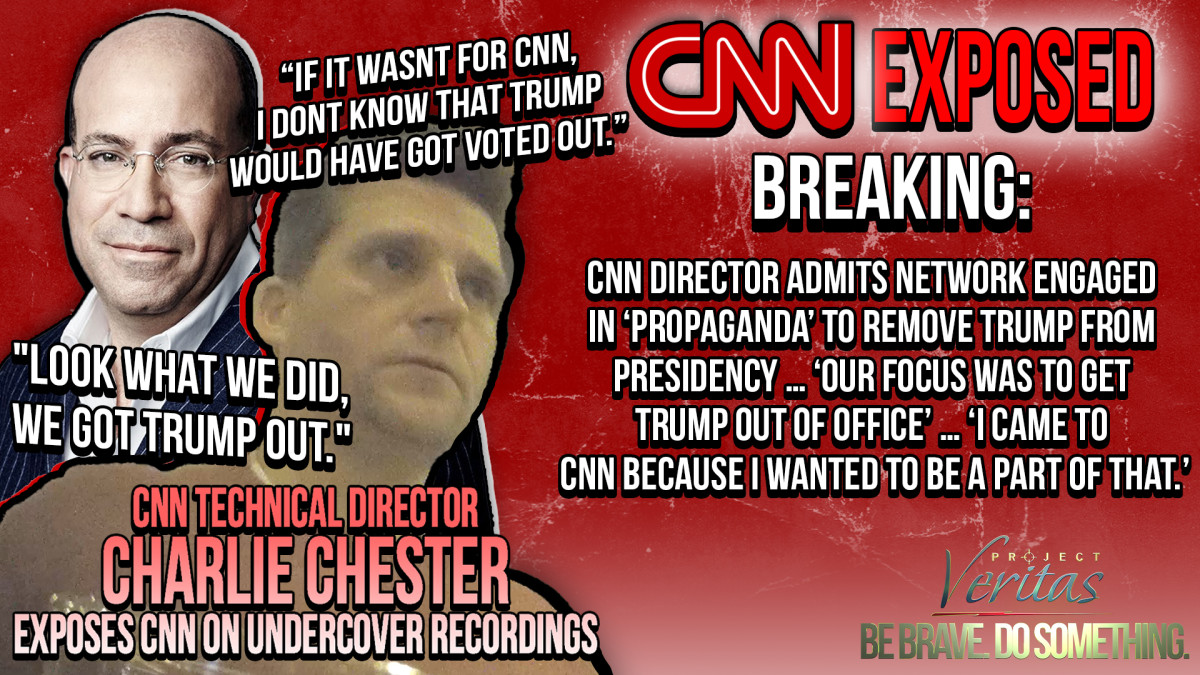Jer
'Til Tomorrow
True. And maybe this is where the confusion is coming from. I’m looking at this from the perspective of U.S. law. If interpretations are radically different in some other countries, then that may make this situation look different. Otherwise we’re having some kind of major miscommunication or one of us is horribly off base, because I’ve been dealing with these issues for decades in the U.S. and your interpretation of this doesn’t line up with my experience at all.1. All statements written in license are void if not aligned with the actual consumer or business laws in the jurisdiction
This is missing my point. I wasn’t trying to pick a free software license that lined up with library-level division, I was intentionally choosing the more restrictive GPL to make my point.2. GPL is the wrong licence, LGPL would be analogous because it's used for libraries (and hence APIs). It is permissive down to a point where you only need to repeat the copyright statement in your copyright manifests. Therefore there's little for court to take away in the first place.
I can’t take an interface file from a GPLv3 project, copy it verbatim, add my own copyright statement to it, and legally incorporate it into a proprietary product. That would violate the terms of the license under which the code was made available to me. Unless all affected parts of my software product honor the terms of GPLv3, I’m not allowed to use any of that project’s software in my product. Period. There’s no “interface code” exemption.
If the GPL is an enforceable license, which it has proven to be in U.S. courts, then you are allowed to impose these sorts of restrictions in your software licensing. The Java API license is much more lax than the GPL, and yet Google still clearly violated its wording. If nothing else, they implemented only a subset of the API, which is expressly forbidden in the licensing terms. If the more restrictive GPL is legal, how is the Java API license not also legal?
“Open” is defined by the specific terms of the license. It doesn’t have a generic meaning.Because it isn't stealing. Google targeted the biggest open technology, made its own implementation. Oracle did not make Java, Sun made Java, Oracle is just leeching on the IP.
Whether Oracle created Java or not is irrelevant. They bought Sun, and Sun owned the copyrights and defined the licensing for Java. Oracle now owns those rights. Whether they’re leeching the IP or not is also legally irrelevant.
You can mimic the binary interfaces without violating copyright, just like you can create plastic bricks that happen to be the right size and shape to connect to Lego bricks. What you’re not allowed to do is call your compatible bricks Legos, or make a molding of a Lego brick and use that to create your own Lego clone.Wine implements all Microsoft specifics including PE binary format, memory layouts, and the entirety of the Windows API. This all is Microsoft's intellectual property", PE, NTFS, FAT, API specifics. Wine/ReactOS are free to implement them.
My understanding is that WINE provides a binary interface that mimics the Windows system calls and then maps them to POSIX calls. It does not reuse high-level code from Microsoft to accomplish this, so it gets around copyright concerns that way.
Then please explain to me why anyone would put a copyright notice in or apply a restrictive license to a source file that just defines an interface. If your assertion were true, that would serve no purpose.As for copyrights I know exactly what I'm talking about, and what code can be copyrighted and what code can't.
Why doesn’t the GPL specifically call out interface code as exempt? Are you asserting that this is just assumed, and therefore not worth mentioning, even though legal language is by definition specific to avoid this sort of ambiguity?
Why doesn’t every operating system provide a Windows system API in a high level language that they copy-pasted from Microsoft’s development tools and keep up to date with each new update? This would allow any program written for Windows to be recompiled from source to run on any other OS and the other OS owners wouldn’t have to face any legal repercussions from Microsoft if your position on this were true. Seems like a no-brainer that someone would have already been doing this for years. (And no, WINE is not doing this.)
I just don’t see how your position on this lines up with established history on the topic in the United States.


